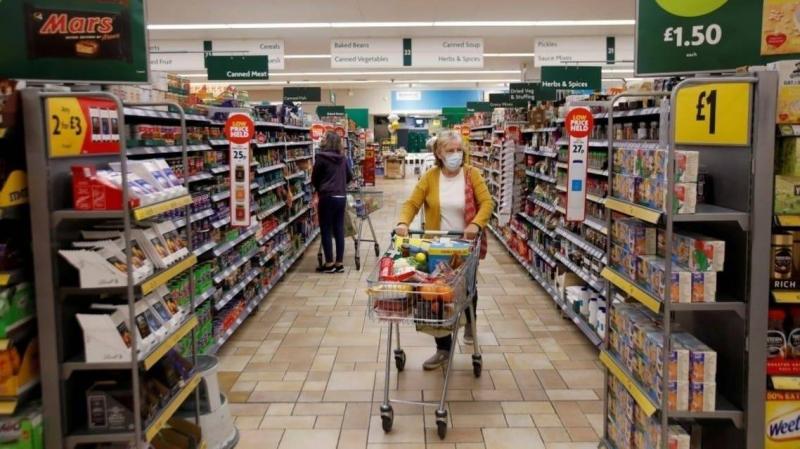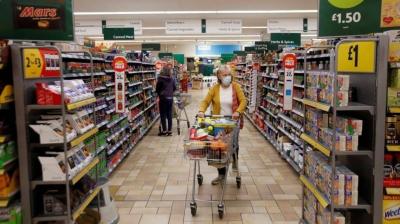Discussions about stagflation have been brewing for several months, and now this toxic mix of stagnation and high inflation appears to have arrived in the United Kingdom. Data indicates that consumer price inflation in the UK rose to 5.1% in November, the highest level in 10 years, according to the Office for National Statistics. Prices are outpacing wage increases and pose a significant challenge to the Bank of England as the struggling economy faces a new surge in COVID-19 cases.
The consumer price index reading for November was much stronger than economists expected at 4.7%, and it marks the highest level since September 2011. The rising costs of standard gasoline contributed significantly to the sharp increase in inflation. However, retail prices for a wide range of goods also rose, including clothing, food, used cars, alcohol, and tobacco, in addition to books, games, and toys.
Cost pressures show no signs of retreating, as prices for goods leaving UK factories surged by 9.1% in November, the highest producer inflation rate in over 13 years. Last month, the labor shortage worsened, with job vacancies reaching an all-time high of approximately 1.2 million.
According to CNN, Samuel Tombs, Chief UK Economist at Pantheon Macroeconomics, stated that inflation should remain close to November's rate over the next four months, before rising to 6% in April and then declining sharply. He explained that the shocking inflation figures are "uncomfortably high" for the Bank of England, which usually responds to rising inflation by raising interest rates from the record low of 0.1%. The Monetary Policy Committee is scheduled to meet today to decide on monetary policy, just one day after the International Monetary Fund urged an interest rate hike.
Higher official interest rates could increase borrowing costs for businesses and households, as well as encourage people to save more, thereby helping to reduce inflation. However, they could also cool down the economy, and the rapid spread of the Omicron variant may force the central bank to pause to assess the damage. Tombs mentioned, “The rapid rise in inflation over the past four months is unlikely to spook the central bank into raising interest rates this week, given that the full extent of the economic damage caused by Omicron is still unknown.”
Rising inflation is bad news for British workers, who saw strong wage growth during the recovery from the first waves of COVID-19, but now face shocks at the store. Early estimates suggest that the average monthly wage rose by 4.7% in November compared to the previous year. However, many employees will also be affected by tax increases in early 2022.
Negative data harkens back to the 1970s, when the UK faced a prolonged period of stagflation. Analysts warn that the country is at a perilous moment as the shortage of skilled workers, public sector employees, and retirees rises in demand, with compensation and benefits needed to offset the lost income.




